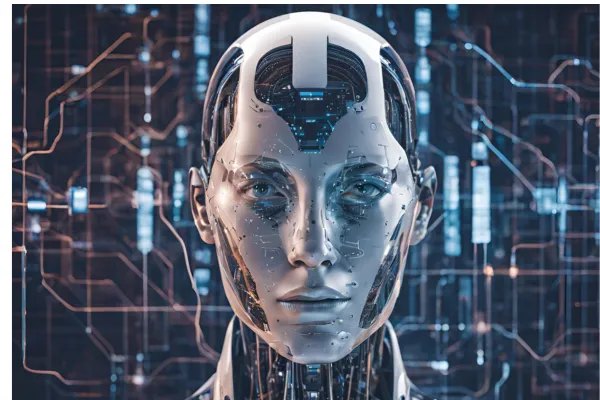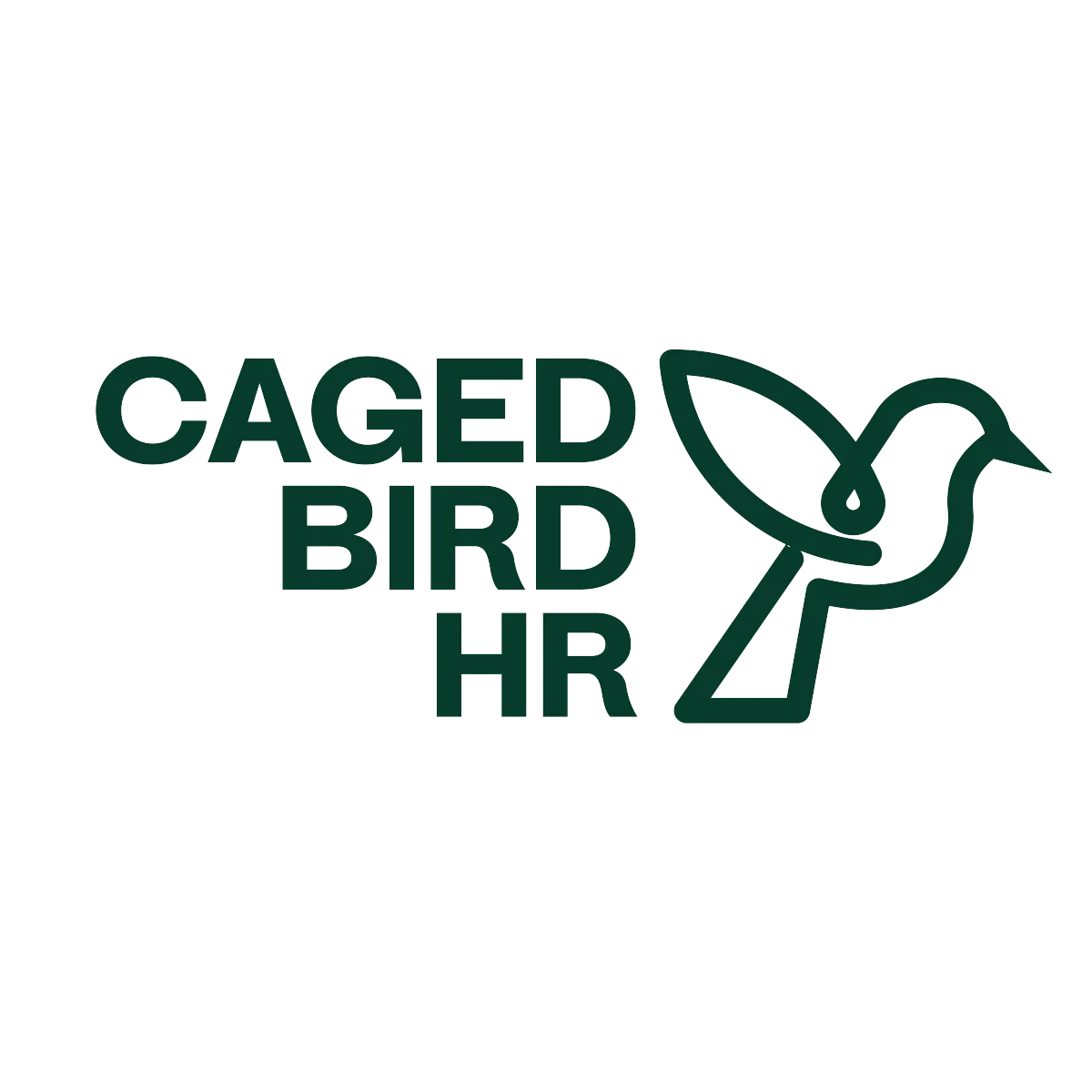Blogs

Navigating the AI Frontier: Essential Employee Rights in the Era of Workplace Artificial Intelligence
Navigating the AI Frontier: Essential Employee Rights in the Era of Workplace Artificial Intelligence
The rapid integration of artificial intelligence into the workplace has ushered in a new era of efficiency and innovation, but it also raises important questions about employee rights and protections. As AI systems become more prevalent in hiring, performance evaluation, and decision-making processes, it's crucial for employees to understand their rights and the regulations governing AI use in the workplace.
Artificial intelligence is transforming various aspects of employment, from recruitment to task allocation and even performance monitoring. While these technologies offer numerous benefits, they also present potential risks such as bias, privacy violations, and job displacement. Recognizing these challenges, governments and regulatory bodies worldwide are developing frameworks to ensure the responsible and ethical use of AI in employment contexts.
One of the primary concerns surrounding workplace AI is the potential for bias in automated decision-making systems. AI algorithms can inadvertently perpetuate or even amplify existing biases if they are trained on historical data that reflects past discriminatory practices. To address this issue, regulations such as the European Union's General Data Protection Regulation (GDPR) and the proposed Artificial Intelligence Act include provisions that require transparency and fairness in AI-driven decisions affecting individuals.

Employees have the right to understand how AI systems are being used to make decisions about their employment. This includes the right to explanations for AI-driven decisions that significantly impact their work life, such as hiring, promotions, or terminations. The Illinois Artificial Intelligence Video Interview Act, for example, requires employers to notify candidates when AI is used in video interviews and provide an explanation of how the AI works.
Data privacy is another critical aspect of employee rights in the age of AI. As AI systems often rely on vast amounts of personal data to function effectively, employees should be aware of their rights regarding data collection, storage, and usage. The California Consumer Privacy Act (CCPA) and similar laws in other jurisdictions grant individuals the right to know what personal information is being collected about them and how it's being used.
Workplace surveillance and monitoring technologies powered by AI have become increasingly sophisticated, raising concerns about employee privacy and autonomy. While employers have legitimate interests in protecting their assets and ensuring productivity, employees have rights to reasonable privacy expectations. The Electronic Communications Privacy Act (ECPA) in the United States provides some protections against excessive monitoring, though its application to modern AI-driven surveillance is still evolving.
As AI automation continues to reshape job roles and responsibilities, employees have the right to be informed about significant changes to their job functions due to AI implementation. This includes the right to appropriate training and support to adapt to new technologies. The World Economic Forum's "Principles for the Ethical Use of AI in the Workplace" emphasizes the importance of human-centered AI design and the need for ongoing skills development.
Collective bargaining and worker representation play crucial roles in shaping AI policies in the workplace. Unions and employee representatives are increasingly negotiating terms related to AI implementation, data usage, and job security. The International Labour Organization (ILO) has called for a "human-in-command" approach to AI, emphasizing that final decisions affecting employment should remain in human hands.
Employees also have the right to contest decisions made by AI systems that they believe to be unfair or inaccurate. This right to human review is enshrined in various regulations, including the GDPR, which stipulates that individuals have the right not to be subject to purely automated decision-making that significantly affects them.
As the regulatory landscape continues to evolve, staying informed about your rights in the age of workplace AI is essential. Employees should familiarize themselves with their company's AI policies, ask questions about how AI is being used in their workplace, and be proactive in understanding the implications of these technologies on their careers. By being aware of their rights and the regulations in place, employees can help ensure that AI is used responsibly and ethically in the workplace, fostering an environment where technology enhances rather than undermines human potential.
Sources:
European Commission. (2021). Proposal for a Regulation laying down harmonised rules on artificial intelligence.
Illinois General Assembly. (2019). Artificial Intelligence Video Interview Act.
California State Legislature. (2018). California Consumer Privacy Act.
World Economic Forum. (2021). Principles for the Ethical Use of AI in the Workplace.
International Labour Organization. (2019). Work for a brighter future – Global Commission on the Future of Work.

Better Work, Better Life
Support@cagedbirdhr.com
Copyright 2025 Caged Bird HR®., a Worklution Inc Company All Rights Reserved

